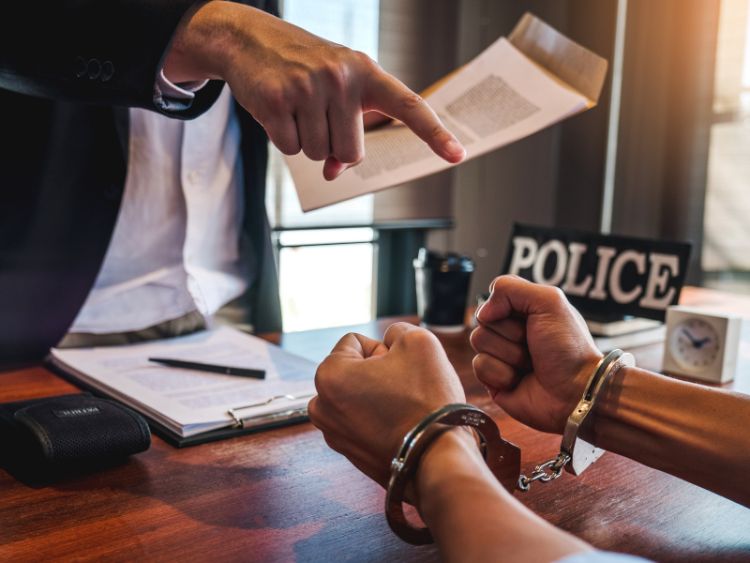Navigating the murky waters of white collar criminal defense can feel like solving a complex puzzle where every piece matters. In this article, we’ll dive deep into the strategies, legal nuances, and expert insights necessary to effectively manage and defend against white collar crime allegations. Whether you’re a legal professional, a business executive, or simply a curious reader, this guide will equip you with the knowledge and tools to understand the intricacies of white collar criminal defense.
Understanding White Collar Crime
White collar crime refers to financially motivated, nonviolent crime committed by businesses and government professionals. It’s a broad category encompassing various offenses, including fraud, embezzlement, insider trading, and more. But what makes defending these cases so uniquely challenging?
Key Characteristics of White Collar Crimes:
- Complexity: These crimes often involve intricate details and extensive documentation.
- Subtlety: The evidence is typically less direct than in violent crimes, often hinging on intricate financial records and electronic data.
- High Stakes: The penalties can be severe, including hefty fines, long prison sentences, and irreparable damage to reputations.
Legal Strategies in White Collar Criminal Defense
A robust defense in a white collar case isn’t just beneficial; it’s critical. Here’s how seasoned defense attorneys approach these cases:
1. Thorough Investigation
- Gathering Evidence: Attorneys must meticulously review financial records, emails, and other relevant documents.
- Interviewing Witnesses: Key insights often lie with coworkers, accountants, and other related parties.
2. Challenging the Prosecution’s Case
- Disputing Evidence: Attorneys frequently contest the admissibility or credibility of evidence.
- Legal Arguments: Many defenses hinge on proving the lack of intent to commit the crime, a crucial element in white collar cases.
3. Negotiating Settlements
- Plea Bargains: Sometimes, the best strategy involves negotiating for lesser charges to reduce potential penalties.
- Civil Resolutions: In some cases, resolving civil issues may alleviate or eliminate criminal charges.
FAQs on White Collar Criminal Defense
Q1: What should I do if I am accused of a white collar crime? A1: Contact a specialized attorney immediately. Early legal guidance is key to effective defense strategies.
Q2: How long can white collar crime cases last? A2: These cases can be lengthy, often lasting several months to years, due to their complexity.
Q3: Can ignorance of wrongdoing be a defense in white collar crime cases? A3: Lack of intent can be a viable defense, but “ignorance of the law” typically is not. Specific defenses will depend on the circumstances and evidence of the case.
Preventing White Collar Crime
Prevention is always better than cure, especially in corporate settings. Businesses must implement robust compliance programs to prevent white collar crimes. Key components include:
- Regular Audits: Ensuring financial and operational transparency.
- Employee Training: Educating staff on legal standards and ethical practices.
- Strong Policies: Enforcing clear, strict guidelines on company practices and ethics.
The Role of Technology in Defense
Advancements in technology play a pivotal role in both committing and solving white collar crimes. Defense teams increasingly rely on forensic experts who specialize in digital data to uncover electronic evidence, decode financial discrepancies, and provide expert testimony.
Conclusion
White collar criminal defense is a fascinating field that combines legal expertise, strategic thinking, and meticulous attention to detail. From understanding the basics of white collar crime to mastering the defense strategies and leveraging technology, professionals involved in these cases must be well-prepared to tackle the challenges they face. Remember, the key to effective defense lies not only in reacting to the charges but in proactively managing risks and maintaining rigorous compliance standards.

